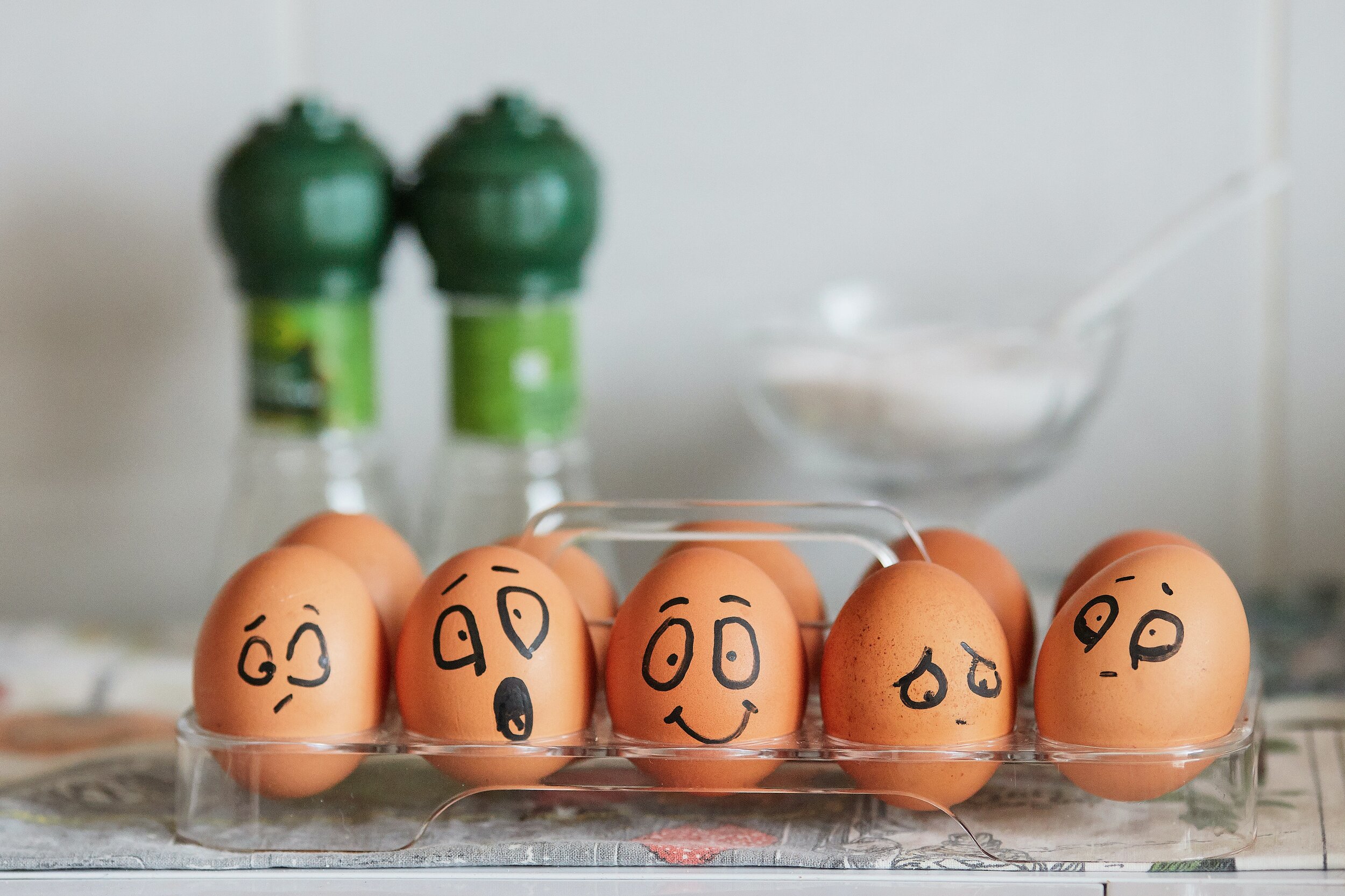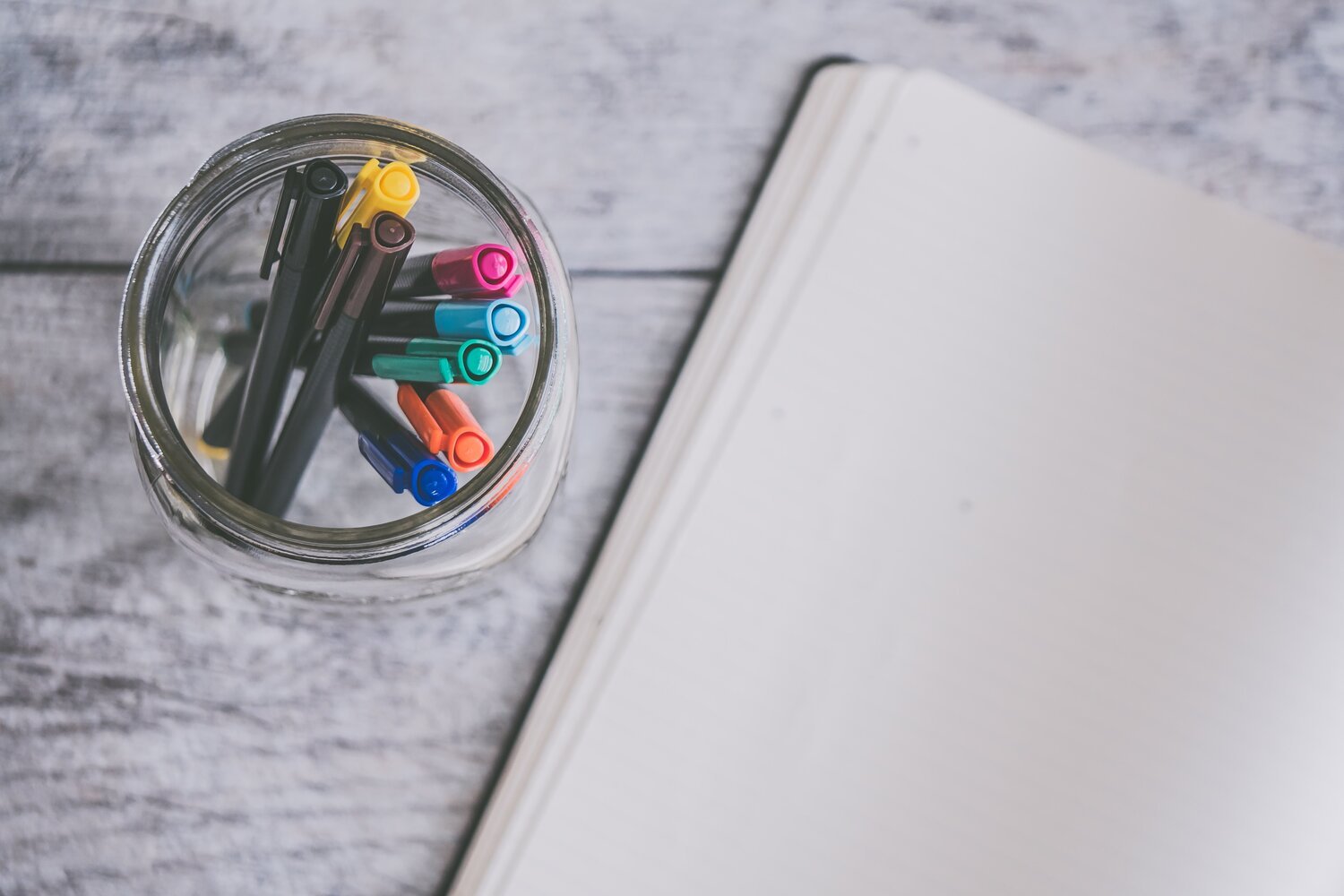
Start At The Root: Natural Anxiety Relief With Relaxation Techniques
Similarly for the nervous system, when we engage in these calming activities, our nervous system is being taught what to do in order to calm down. Also, the nervous system is being taught that it CAN calm down

Exercise and Mental Health: 3 Biological Benefits of Physical Activity
At some point or another, I am sure you have heard about the great benefits of exercise, especially for improving and maintaining mental health. Sometimes hearing something is beneficial isn’t enough of a reason to give it a shot, so here are 3 backed-by-research reasons why exercise improves our mental and emotional well-being.

Where Does Anxiety Come From?
When the brain perceives the body to be in danger, it sends out both physical signals and cognitive signals in an attempt to save you from whatever danger it believes you to be in. These signals can look like ‘what if…’ thoughts, rapid heart rate, sweating, shallow breathing, etc.. These signals are strong and uncomfortable…for a good reason. Your brain is doing everything in its power to get you away from the threat. If these signals were pleasant, we probably wouldn’t be as apt to get into action, right?

The Impact Of Gut Health On Mental Health
The human body is a complex machine; every organ and cell working and being impacted by all other organisms in the body. This is why the concepts of Holistic Wellness and Healing are so important – they take into consideration the entire body and how the inner workings of the body are interacting with one another.

Using the Vagus Nerve To Calm The Nervous System
Our brain is constantly observing our surroundings, making meaning and attempting to ensure our body’s safety. When our brain observes a possible threat, it immediately turns on the body’s threat response system (AKA Fight/Flight/Freeze). It doesn’t even matter if the threat is real, our brain would rather be safe than sorry.

The Secret to “Controlling” your Emotions
When we feel emotional pain and it feels like it will never end, it is not necessarily that first emotion that is causing us distress. It definitely could be, don't get me wrong. We humans certainly have the capacity to experience incredibly painful emotions, each of which are valid to experience no matter the circumstances. The aspect of this pain cycle that I want to focus on, though, is our secondary reaction.

Breathing Techniques For Stress Management
The good news is that there are so many different ways to regain control of your breathing, therefore increasing feeling calm and grounded. One of the options you have is to practice something called Belly Breathing. Basically this is simply a practice of sending your breath all the way down to your lower abdomen, rather than breathing solely into your chest.

5 Easy Ways to Practice Mindfulness
Mindfulness
Another popular term floating around these days that advertises incredible life change. But what is mindfulness and how can it really change your life? Let’s start with the basics.
Mindfulness is a state of being present and aware in the moment. With all of the chaos that life tends to bring, this idea of being still enough to even notice what’s around you may seem out of reach.

Anxiety Management: Prevention vs. Intervention
When it comes to dealing with stress and anxiety, we have a few options to consider. There are some practices that fall into a prevention category and others which fall into an intervention category. Prevention includes regular practices, techniques or activities which set yourself up for an overall decrease of anxiety and stress. Intervention, on the other hand, involves techniques to engage in when you are in throws of anxiety or panic. Both strategies have a purpose and are important tools to place in your mental wellness toolkit.

Coping - How to Keep it Simple
I had a conversation recently in which I had used the term “coping” numerous times – A common occurrence in a counseling related discussion. This time, however, I provided an explanation of what “coping” actually means - Finding ways to feel better while learning to overcome problems. I immediately saw relief wash over the individual I was speaking with, as “coping” moved from a vague concept to learn and into a simple understanding of how to feel better.

CBT For Anxiety - How To Deal With Anxiety In 4 Simple Steps
If we write down a thought and if feels 100% true, chances are your body may have a stress reaction. That fight/flight/freeze system will turn on and prepare your body for protection. As usual, this state of protection can feel entirely uncomfortable. When we acknowledge the signs of this protective state being turned on, we can run through our helpful calming strategies, such as deep breathing, guided meditations, physical activity, or any other techniques you have found to be helpful for you to endure this stress response until your brain and body begin to calm.

Change your Life with 5 Minutes a Day
Research studies continue to show the benefits of mindfulness based practices on decreasing anxiety and improving our moods. When we give ourselves even just a few minutes per day to practice this skill, we are giving our brain the best opportunity to think clearly and rationally so we can go about our days feeling our best. Not only that, but this practice also helps our nervous system to improve regulation, meaning that we can calm down faster and with greater ease.
